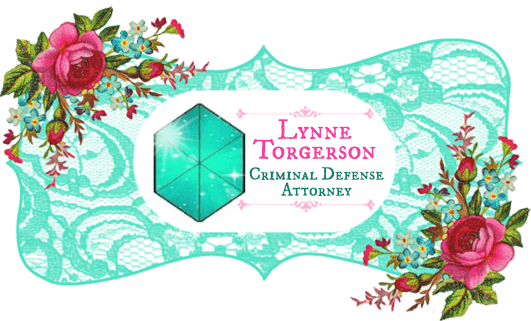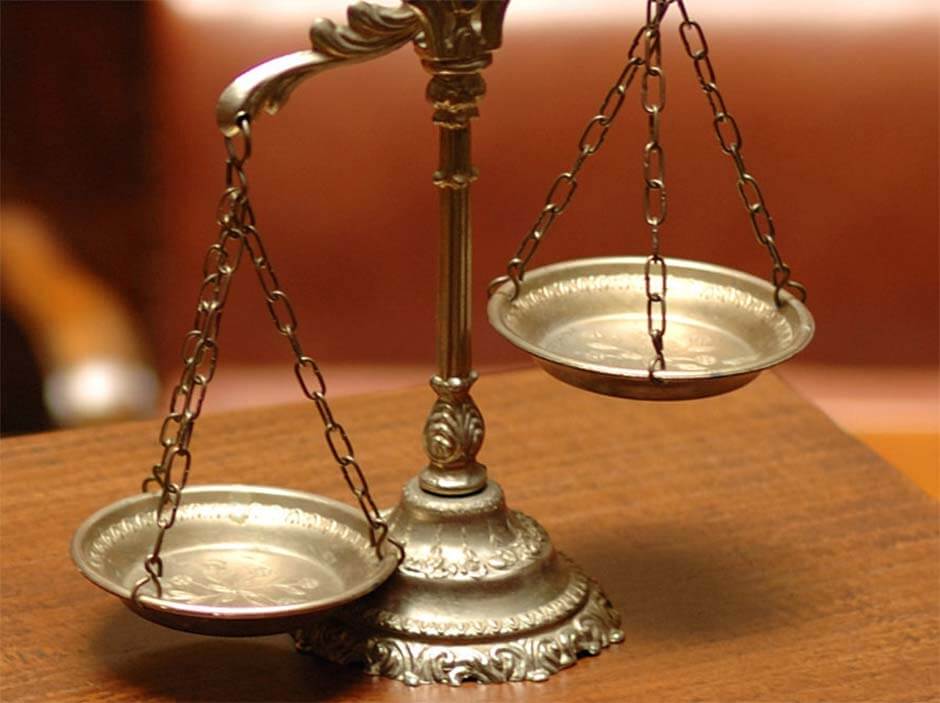In Minnesota, there are three (3) levels of courts. The first level is the trial court. This is where the vast majority of cases are handled. This includes criminal cases, civil cases, juvenile, probate, family, personal injury, business litigation, etc. This is where a person sues another person, whatever the cause of action, and where a person is charged with a crime.
After the case is initiated, the case will go through a phase of discovery. This is where the parties are required to provide evidence to the other party. In civil cases this largely involves written interrogatories and depositions. In criminal cases, the State is required to turn over its evidence to the defense. Any evidence the defendant has in a criminal case, must also be disclosed, which usually, is nothing. Further, in a criminal case, the defendant himself has the right to remain silent so, that evidence is never required to be disclosed. Evidence in a criminal case usually involves the police reports, witness statements, statements made by the defendant at the scene, photographs, medical records, audio and video recordings, and the like.
The parties will also go through a season of exchanging offers to resolve the case.
Later, in a criminal case, there will be an evidentiary hearing, to determine the admissibility of evidence at trial, and whether the case should be dismissed on legal grounds. In a civil case, a party is likely to bring a motion for summary judgment, which alleges that there are no material facts in dispute, and, that, as a matter of law, the case should be dismissed.
Finally, the case will be scheduled for a jury trial. Further settlement negotiations will be had the morning of trial. If the case has not already settled, these are usually the last, best offers to be made. If the case does not settle, the the parties select a jury, make opening statements to the jury, witnesses are called and questions, and then the jury deliberates and decides the case.
After trial, the losing party may take an appeal to the Minnesota Court of Appeals. You will need to hire a lawyer such as Appeal Lawyer Lynne Torgerson, for an appeal. The time for taking an appeal is usually around 60 days, so a party needs to make a decision quickly whether or not they are going to appeal. An appeal is based on the record developed during the trial, and pretrial hearings. No further evidence may be introduced on an appeal. The parties then each write Appellate Briefs. Subsequently, oral argument is heard by a three (3) judge panel of the Minnesota Court of Appeals. A written opinion is issued.
A party may also wish to seek certiorari to the Minnesota Supreme Court. Whether or not to take an appeal is discretionary with the Minnesota Supreme Court. The Minnesota Supreme Court usually only takes cases of statewide importance, and is not considered an error correcting Court. First, the parties have to write briefs to convince the Minnesota Supreme Court to take the case. If accepted, then, the parties write briefs on the merits of the case. A decision of the Minnesota Supreme Court would be binding precedent throughout the State of Minnesota.
Ms. Lynne Torgerson handles appeals in the Minnesota Court of Appeals, and, the Minnesota Supreme Court. Ms. Torgerson, Appeals Lawyer, a lawyer of excellence and experience of over 30 years, can represent you or your loved one on all appeals, criminal charges, all misdemeanors, gross misdemeanors, and felonies, throughout the State of Minnesota. Ms. Torgerson also successfully handles expungements, and gun rights restoration cases, carry permit appeals, permit to purchase denials, gun purchase denials, and Second Amendment litigation. Please check out her website www.lynnetorgerson.com. For representation please call (612) 339-5073.



